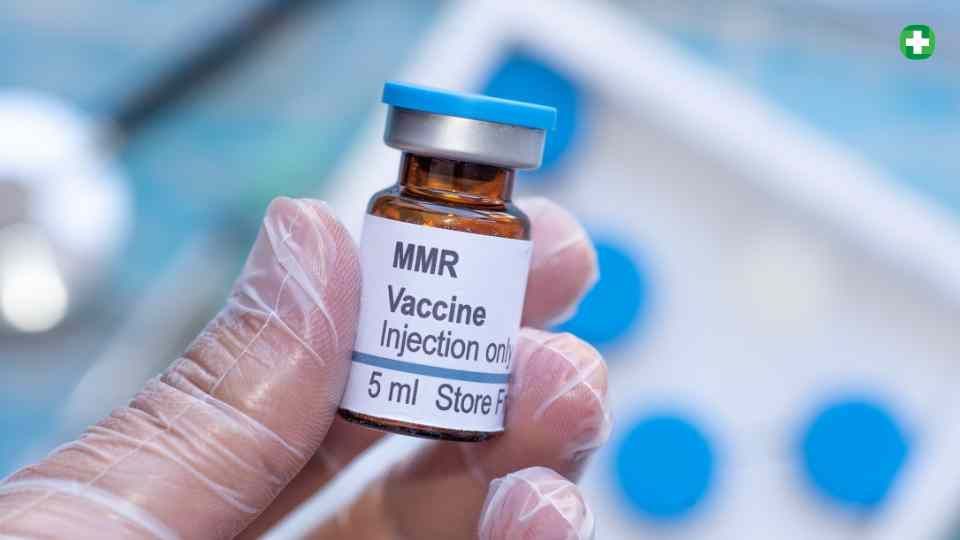Roa Tikhail • February 19, 2024
Impetigo Treatment In Manchester
Understanding Impetigo: Causes, Symptoms, and Risk Factors

Impetigo is a common and highly contagious bacterial skin infection that primarily affects children, but can also occur in adults. This blog aims to provide a comprehensive overview of impetigo, including its causes, symptoms, and factors that increase the risk of developing the condition. We'll also explore how impetigo is transmitted and who is most susceptible to it.
What is Impetigo?
Impetigo is a superficial skin infection caused primarily by two types of bacteria: Staphylococcus aureus and Streptococcus pyogenes. It is characterized by the formation of red sores or blisters that rupture and ooze, forming a characteristic honey-coloured crust. Impetigo is more common in warm and humid climates and is often seen in children, especially those between the ages of 2 and 6 years old.
Causes of Impetigo
Impetigo is primarily caused by bacteria, most commonly Staphylococcus aureus and Streptococcus pyogenes. These bacteria can enter the skin through cuts, scrapes, insect bites, or other breaks in the skin's barrier. Once inside, they multiply rapidly, leading to the characteristic symptoms of impetigo.
Symptoms of Impetigo
The symptoms of impetigo typically include:
- Red sores or blisters that may burst and ooze.
- Formation of a characteristic honey-coloured crust over the sores.
- Itching and irritation around the affected area.
- Swollen lymph nodes in severe cases.
Risk Factors for Impetigo
Several factors can increase the risk of developing impetigo, including:
Age: Children between the ages of 2 and 6 are most susceptible to impetigo.
Warm and Humid Climates: Impetigo is more common in areas with warm and humid climates.
Close Contact: Living in crowded conditions or close contact with someone who has impetigo increases the risk of transmission.
Poor Hygiene: Lack of proper hygiene practices, such as not washing hands regularly or sharing personal items, can increase the risk of impetigo.
Skin Conditions: People with pre-existing skin conditions like eczema or dermatitis are more prone to developing impetigo.
Transmission of Impetigo
Impetigo is highly contagious and can spread through direct contact with the sores or crusts of an infected person. It can also spread indirectly through contact with contaminated items such as towels, clothing, or bedding. Scratching the affected area and then touching other parts of the body can also contribute to the spread of impetigo.
Who is Most Susceptible to Impetigo?
While impetigo can affect individuals of any age, it is most common in children, particularly those attending day care or preschool. Children with compromised immune systems or pre-existing skin conditions are also at a higher risk of developing impetigo. Additionally, athletes involved in contact sports, such as wrestling or football, are more susceptible to impetigo due to the close physical contact involved.
Get Impetigo Treatment in Manchester
Impetigo is a common bacterial skin infection that can cause discomfort and inconvenience, especially in children. Understanding the causes, symptoms, and risk factors associated with impetigo is essential for prevention and early intervention. Practicing good hygiene, avoiding close contact with infected individuals, and promptly treating any cuts or scrapes can help reduce the risk of impetigo. If you suspect you or your child has impetigo, it's essential to consult a healthcare professional for proper diagnosis and treatment.
Contact us today to book an appointment.










